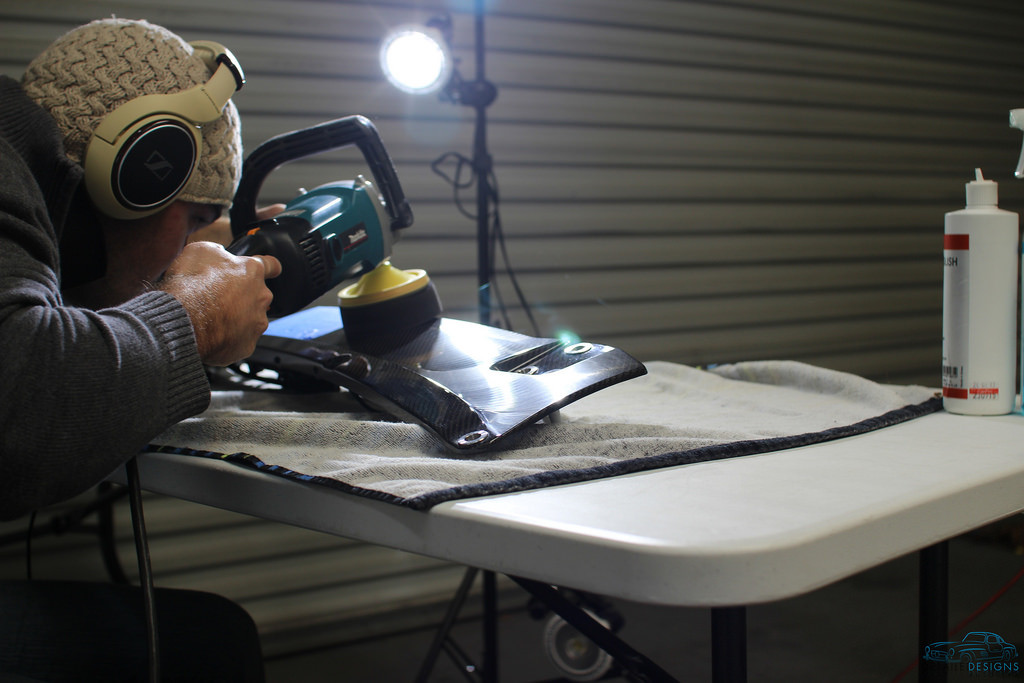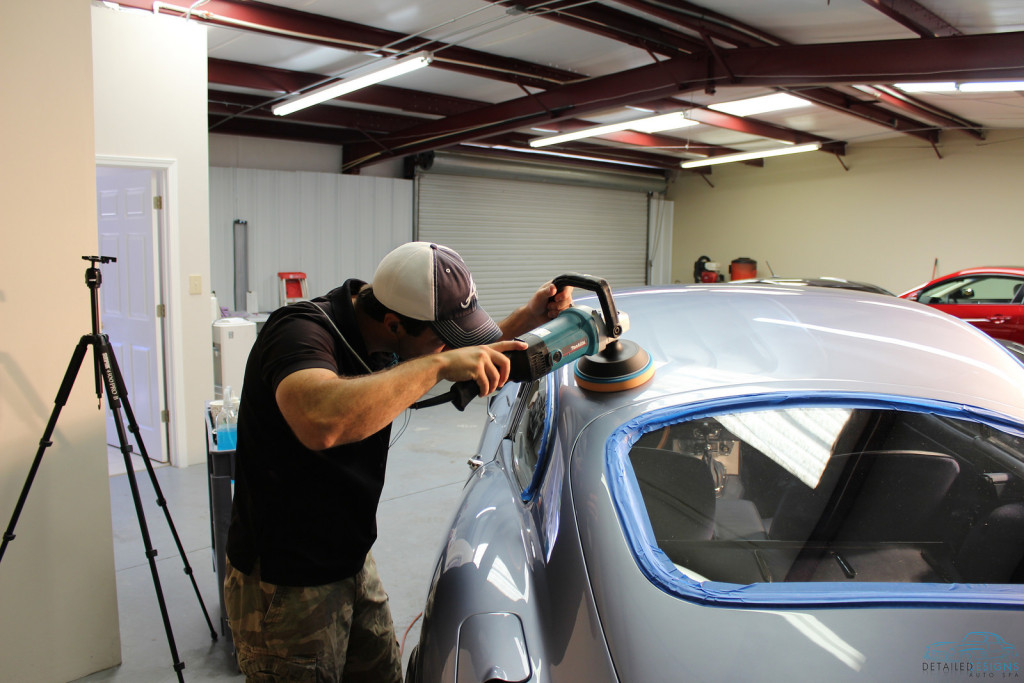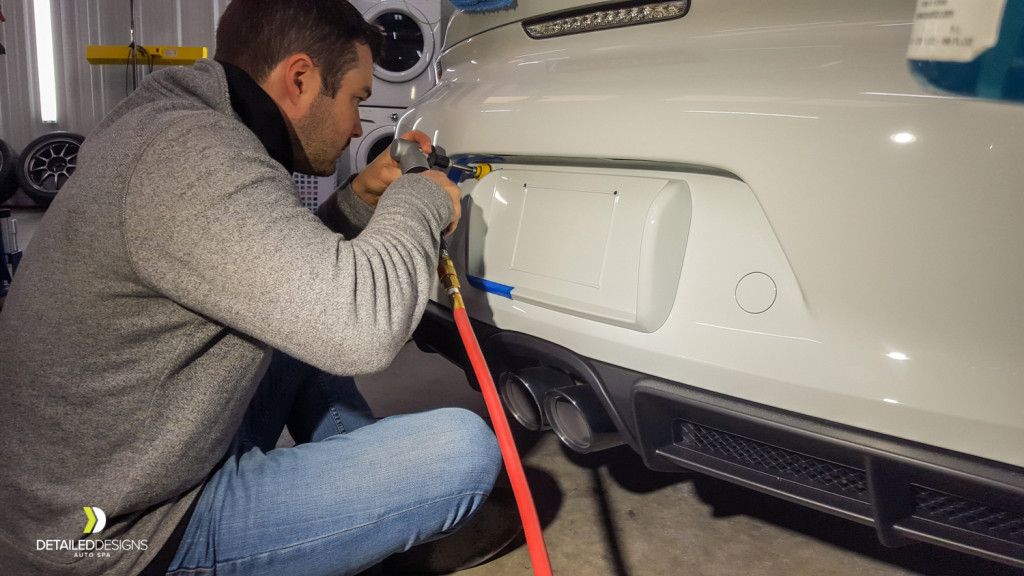
Top 3 Mistakes Detailers Make When Performing Paint Correction
Paint correction is a process of eliminating surface defects on automotive paints. The purpose is to leave a car’s paint looking incredibly deep and lustrous while permanently removing scratches and light surface defects in the clear coat. Paint correction is all about the actual repair of the clear coat(top layer of paint) surface. Today you’ll briefly learn the top 3 mistakes paint correction professionals make when correcting automotive paints.
1.Not decontaminating thoroughly enough
Paint correction is technically about permanently fixing existing surface defects** such as swirl marks, scratches and holograms(AKA buffer trails). When performing paint correction, steps should be taken to thoroughly remove oils, lubricants and other substances that naturally “fill” the paint. These substances are, by default, a part of the repair process. Without them, polishes and compounds will only cause intensive damage. At the same time, without thoroughly removing these residues, a paint’s surface is artificially filled, or, enhanced. It will look nice enough for a little while but will eventually wash out leaving you with the defects the paint correction was intended to remove. In short, not decontaminating properly equates to incompetent masking of defects that will show up later. Not only does it fool the car’s owner but it also gives a false sense of completeness to the professional performing the paint correction.
2.Not performing enough steps
When it comes to paint correction, one can think of it in similar terms of making marginal improvements when going from one product and pad combination to the next. With too few corrective steps on a more intensively damaged surface, you lose refinement, gloss and luster. Modern products have advanced what’s possible with fewer steps a long ways from even 5 years ago. But there is still no replacement for a thoroughly planned and executed paint correction process that utilizes progressively finer product and pad combinations without filling. Products specifically designed to fill and products not thoroughly decontaminated need not argue point #2….
3.Not giving lower sections and more difficult areas enough attention
Ergonomically speaking, the lower parts and more difficult parts of a car are a real pain to work on. Coupled with these areas requiring more time to get just right, many paint correction professionals choose to give them a little less attention. The end product in this case is not an ideally produced product and to a discerning eye, it will leave them feeling shorted. Paint correction is not about an easy buck….at least it shouldn’t be. It is a highly skilled craft and requires patience and genuine care. When it comes to a real paint correction expert, the devil’s in the details and these areas will not be neglected.
There you have it, my top 3 mistakes for paint correction professionals. Now that you are armed with more information, how do you locate a qualified paint correction specialist in your area? If you’re in the metro-Atlanta area, you can call my shop, Detailed Designs Auto Spa and schedule a consultation to learn what options are available to you. If you are in another area, I would urge you to do a Google search for “Paint Correction [City of Interest]”. This should net you a number of results. Speaking with the professionals in your area should start to give you an idea of what is available and how these shops do business. Of course, looking up the reviews left for businesses will give you some insight but there is no substitute for speaking with someone and learning more about them and the vision for each client’s car.
Thanks for taking the time to read this and look out for our next piece that should be released in the very near future!
**Existing defects are supposed to be repaired with paint correction but it does not mean an owner can not create new defects through wear and tear or neglect in the future. Ongoing proper care ensures a corrected surface stays looking incredible.

